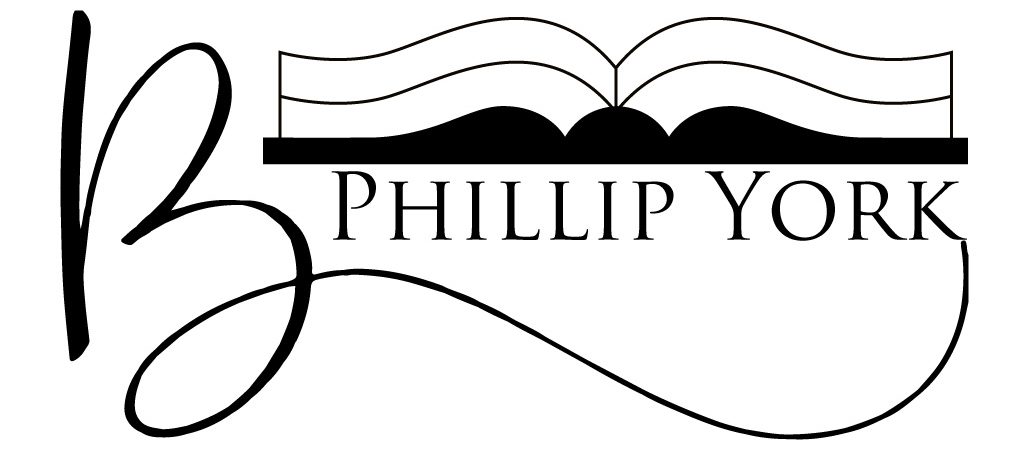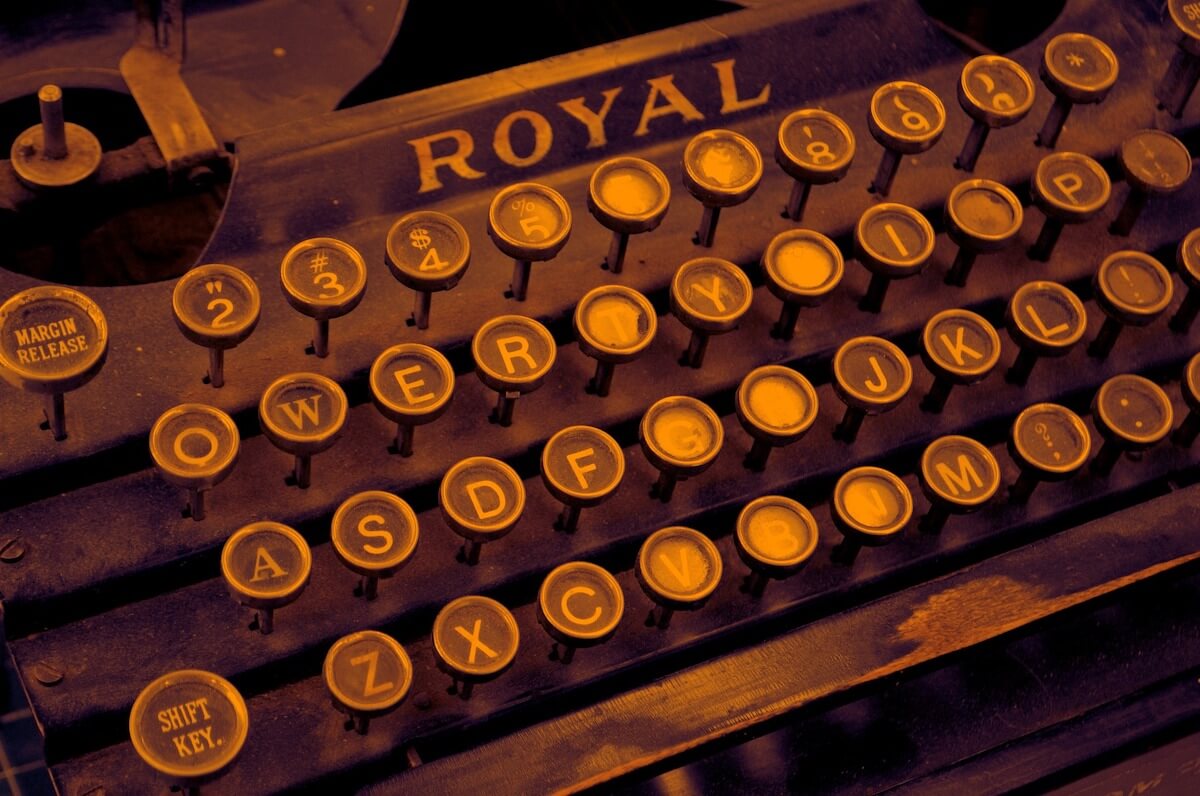One of the most common refrains given to writers, and a piece of early advice I got from my dad, was that if you want to be a writer, you have to read a lot.
I think this is very true, but there are different kinds of words and different kinds of reading. If you’re sitting at a dentists office, probing at a sensitive spot you knew about for weeks, but carefully avoided whenever you slurped down a Frappucino and winced when you brushed your teeth, shallowly probing at it with your tongue idly and unintentionally without purpose and totally unconsciously, until you had a revelatory moment that of course, you had a cavity despite your daily lackluster brushing and occasional battle with waxed string, and nibbling your eyes over words in a glossy national monthly relic that’s a dinosaur of a bygone print era and sort of swallowing the words without chewing, well congratulations, you’re reading.
This is probably not the kind of reading that you want to focus on if you’re reading to be a better writer.

I want to warn you, taking reading seriously can sort of ruin it. I used to read blithely, like a child skipping along. It was one of the greatest pleasures of my youth, to read. I used to stay up, long past my bedtime, reading under the blankets with a flashlight. I escaped, I’m almost ashamed to say, to Pern regularly, enjoying but not quite understanding the erotic potential of a mind-link. Later I explored the cosmos, wondered at the possibility of cat people fighting us and exploring mega-structures in space. Those things were escapes, but pleasurable escapes.
Now that I read with purpose, critically, they have lost a lot of their savor. The seedy underbelly of the prose, the question of why this word or that, the question of representation, of writing about pick and choose thinly veiled analog cultures that treat every individual as possessed of the same traits, why a journey to a volcano to blow up something evil spends so much time talking about trees.
Truly great books can make you forget you’re reading entirely. They take you out of yourself and into the story, and you are no longer careful of parsing at the word level, sentence level, paragraph level, chapter level, it all flows together in a seamless immersion, and thinking about a single word can be like trying to identify a drop of water when you’re swimming.
So classics you have to read a second time or a third time to break them down.
I try to read deeply, that is to say, I think about why a particular word or character might’ve been chosen, try to imagine the author imagining a reader imagining what the author was writing. It can be a bit confusing, but it’s worth it. And I try to really think about what is being written. This is one of my faults as a reader, I often ignore little clues or even something glaringly obvious. The main character was dead the whole time or something like that. In a sense, this can require a suspension of the suspension of disbelief, but in a sense, once you aim to be a writer you have to give up some of the privileges of being merely an audience member.
I try to read purposefully, I’m looking for something in this book. The author is known to be excellent at dialogue, so I pay special attention to the dialogue. I ask myself what skill of the craft can I hone or compare when reading this book, and what niche or understanding will it give me, and I don’t just have one purpose, I have many, but I try to be purposeful in my reading (and this includes occasionally just trying to relax, or enjoy myself, or re-read a beloved classic as purpose – there’s nothing wrong with that).
I try to read intentionally, especially when there is a deep purpose to my reading when I know exactly what I’m looking for in a book when I’m revisiting a book because I remember the impact it had on me and I’m trying to find out if the impact was in me or the book.
I try to read consciously, going back a page or two when needed. I am far less forgiving than I used to be when I get confused about who is speaking when dialogue tagging drops out. I ask myself how I would write it differently to be less unclear when John said and Jim said becomes he said and he said for a page and I don’t know who is saying what, I reflect on that, on how the conversation is structured, and could it be given movement or broken up to avoid the ambiguity.
In part, I do this by setting the scene. I used to love reading in bed, on my back, reading paperbacks, which I prefer, and I still do that a bit before I go to bed, especially with books I have already deeply analyzed, cored like an apple or books that I don’t really care about and am just reading for whatever reason.
I have a pad of paper with me, and a pen or pencil, and a highlighter. I mark books up, underline, make notes, questions, highlight something useful to return to or a powerful quote, question the author in unreal time.
Reading is no longer so sweet, but it is a lot more nourishing these days.

